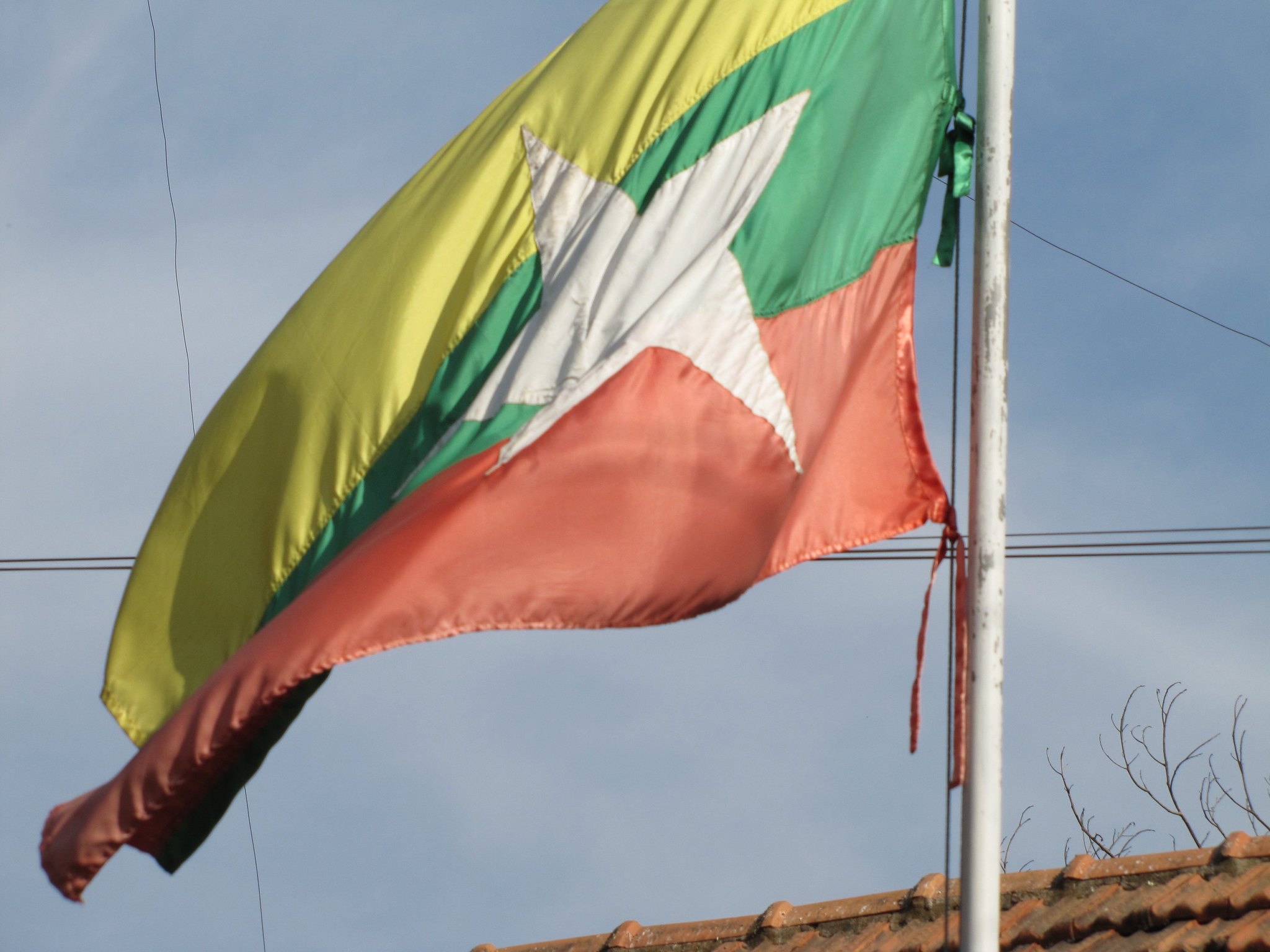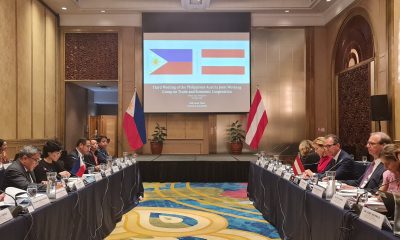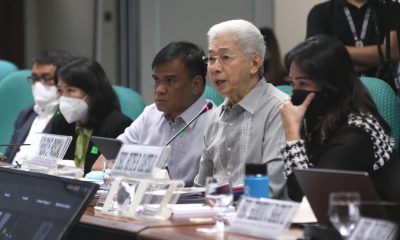News
UN expert: No peace in Myanmar if no military prosecutions

More than 700,000 Rohingya fled across the border to Bangladesh after Myanmar’s military began a harsh counterinsurgency campaign against them two years ago, a campaign that involved mass rapes, killings and the burning of homes. (File Photo: Chuck Moravec/Flickr, CC BY-SA 2.0)
There will be no long-term peace in Myanamar and no return of Rohingya refugees unless there is accountability for the “brutality” of the Asian country’s military forces, a member of the U.N. Independent International Fact-Finding Mission on Myanmar said Friday.
Radhika Coomaraswamy, a Sri Lankan lawyer who is one of the mission’s three international experts, told an informal Security Council meeting on accountability in Myanmar that the commission believes a domestic judicial process is not possible at this time.
“There’s danger to the victims and witnesses, as they have been threatened, and we feel that the Commission of Inquiry set up by the Myanmar government may face the same challenge,” she said.
Coomaraswamy pointed to seven soldiers who were sentenced to up to 10 years in prison with hard labour for the killings of 10 Rohingya villagers but then were released after just nine months “because of the national and political pressure.” The arrests followed an investigation by two Reuters journalists who were imprisoned for their reporting on the killings.
“Pressure by military and political forces will not only frighten away witnesses, but they will not allow a domestic and, we think even at this time, a hybrid form of accountability to take place,” she said. “We therefore need an international mechanism or process.”
Coomaraswamy cited a number of options: having the Security Council refer the matter to the International Criminal Court, establishing an ad-hoc tribunal on Myanmar, or having countries with universal jurisdiction use it to deal with the plight of the Rohingya Muslims who fled military crackdowns to Bangladesh.
In parallel, she said, through the Genocide Convention a demand can be made to the International Court of Justice for compensation and reparations to the Rohingya.
“It is our fervent belief there will be no meaningful return of the Rohingya population, not sustainable and secure development in any of the ethnic regions of Myanmar, and no long-term peace, unless there is accountability and transformation of the Burmese military,” Coomaraswamy said, using the country’s former name of Burma.
More than 700,000 Rohingya fled across the border to Bangladesh after Myanmar’s military began a harsh counterinsurgency campaign against them two years ago, a campaign that involved mass rapes, killings and the burning of homes. The U.N. commission has recommended that top generals be prosecuted over the crackdown and that governments and companies stop supporting the military-owned conglomerates and businesses that finance its operations.
Rohingya Muslims have long demanded that Myanmar give them citizenship, safety and their own land and homes they left behind. The Buddhist-majority nation has refused to recognize Rohingya as citizens or even as one of its ethnic groups, rendering them stateless, and they also face other forms of state-sanctioned discrimination.
Myanmar’s government and military have consistently denied carrying out human rights violations. They say military operations in Myanmar’s Rakhine state were justified in response to attacks by Rohingya insurgents.
Wakar Uddin, a Rohingya born in northern Rakhine who came to the U.S. for graduate studies, told the council that accountability “is a central issue to the Rohingya crisis as of now.”
“We believe if accountability is not addressed, we are not seeing any light at the end of the tunnel,” he said. “This crisis will linger.”
Uddin, now a professor of microbiology at Penn State University and director general of the Arakan Rohingya Union, said there are two governments in Myanmar, one military that has “overwhelmingly” created the Rohingya problem and the other civilian.
He said the military “need to take their hands off” the Rohingya issue because otherwise his people will continue to suffer.
Esther Htusan, an award-winning freelance journalist from Myanmar invited by the council to discuss events in the country, said the military, from the lowest soldier to generals, can violate human rights with impunity, and the judicial system from the previous military dictatorship remains “poisoned with impunity and lacking true independence.”
She urged the council to refer the situation in Myanmar to the International Criminal Court and to impose sanctions on the military.
“Within Myanmar, no court has required independence, impartiality, competence and jurisdiction to ensure fair criminal proceedings against perpetrators for full range of crimes,” said Htusan, who won a Pulitzer Prize for her previous work for The Associated Press. “And when the perpetrators themselves control the domestic judicial system, holding them accountable for human rights violations charges sounds nearly impossible.”
Getting the Security Council to refer Myanmar to the ICC is unlikely because veto-wielding members China and Russia view the Rohingya issue as something to be dealt with between Myanmar and Bangladesh.
China’s deputy U.N. ambassador, Wu Haitao, said Beijing’s three-stage solution is “stopping violence, repatriation and development.”
Deputy German Ambassador Juergen Schulz, who chaired the meeting, which was also co-sponsored by Peru and Kuwait, said Myanmar’s ambassador sent a letter saying he wouldn’t attend because Myanmar didn’t agree with the title and the briefers. He said Myanmar’s commission investigating the Rohingya issue also declined an invitation to attend.





















